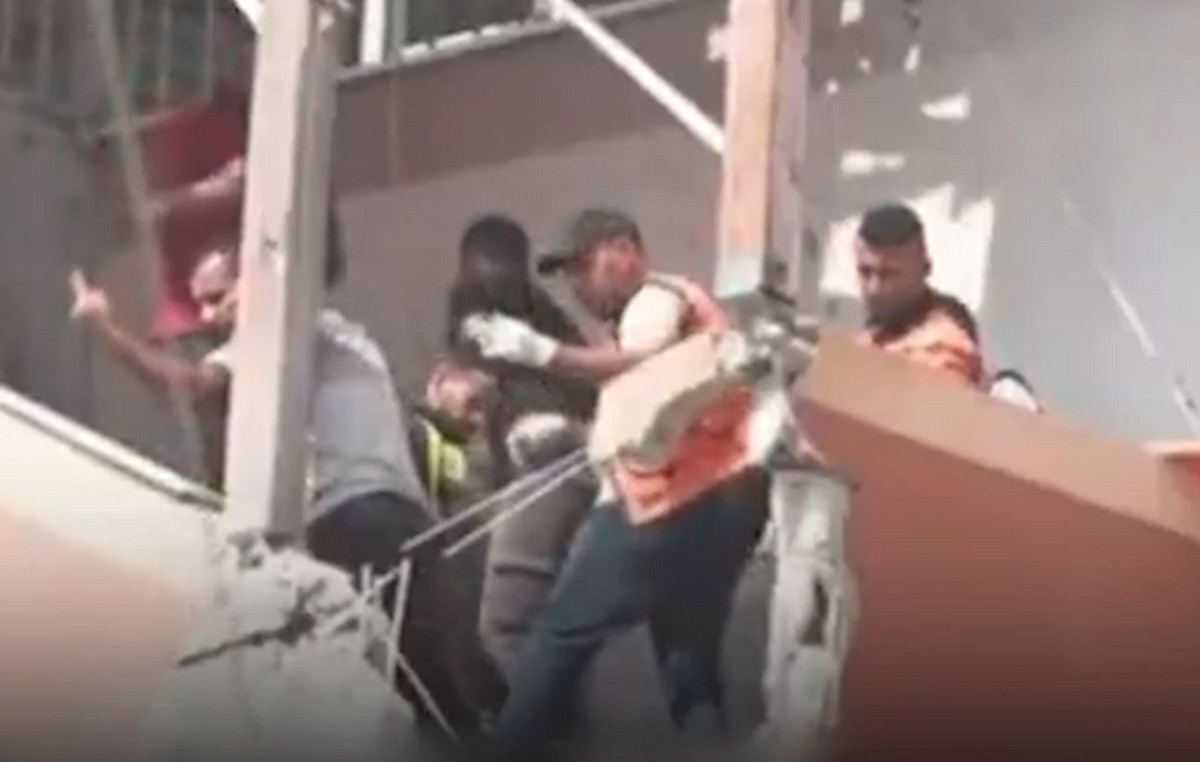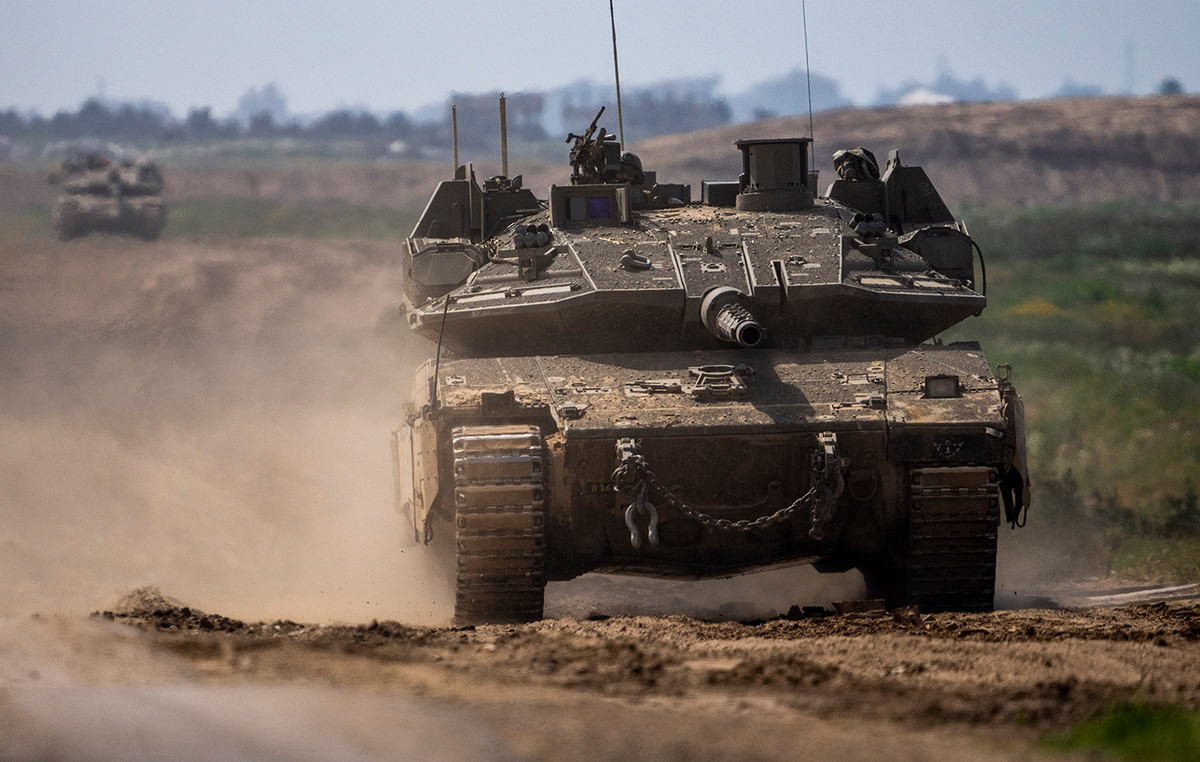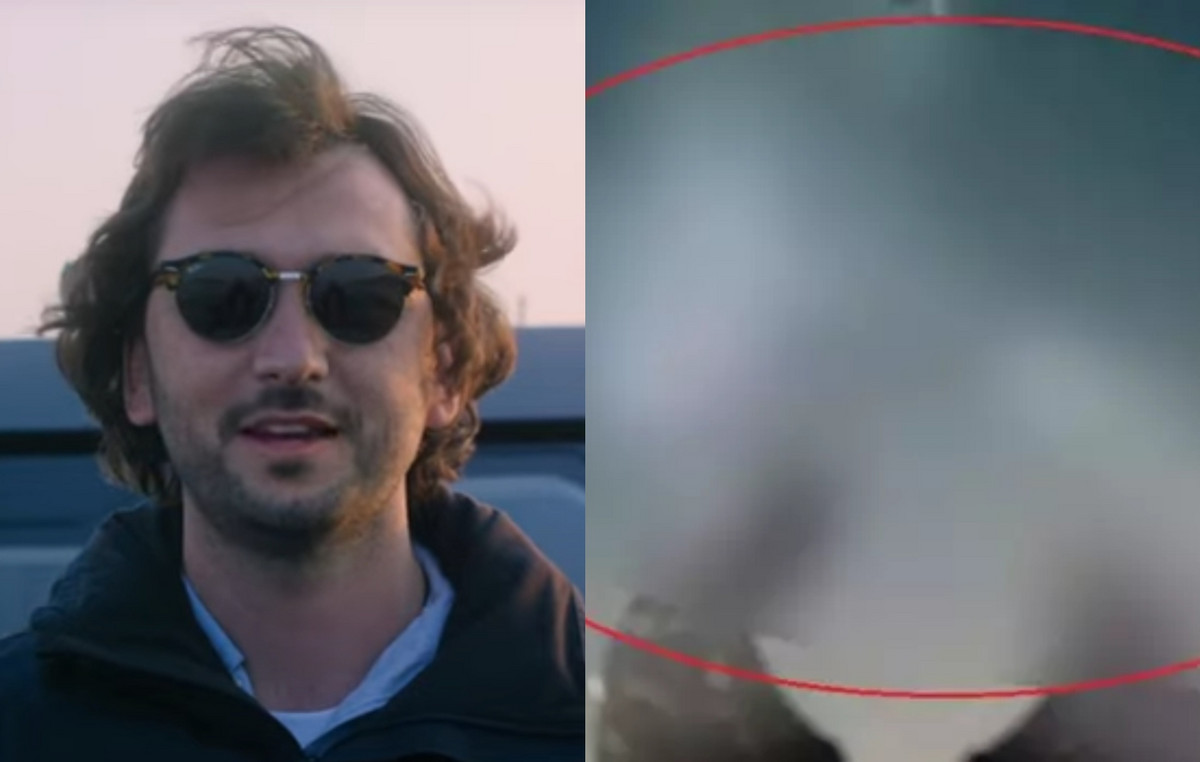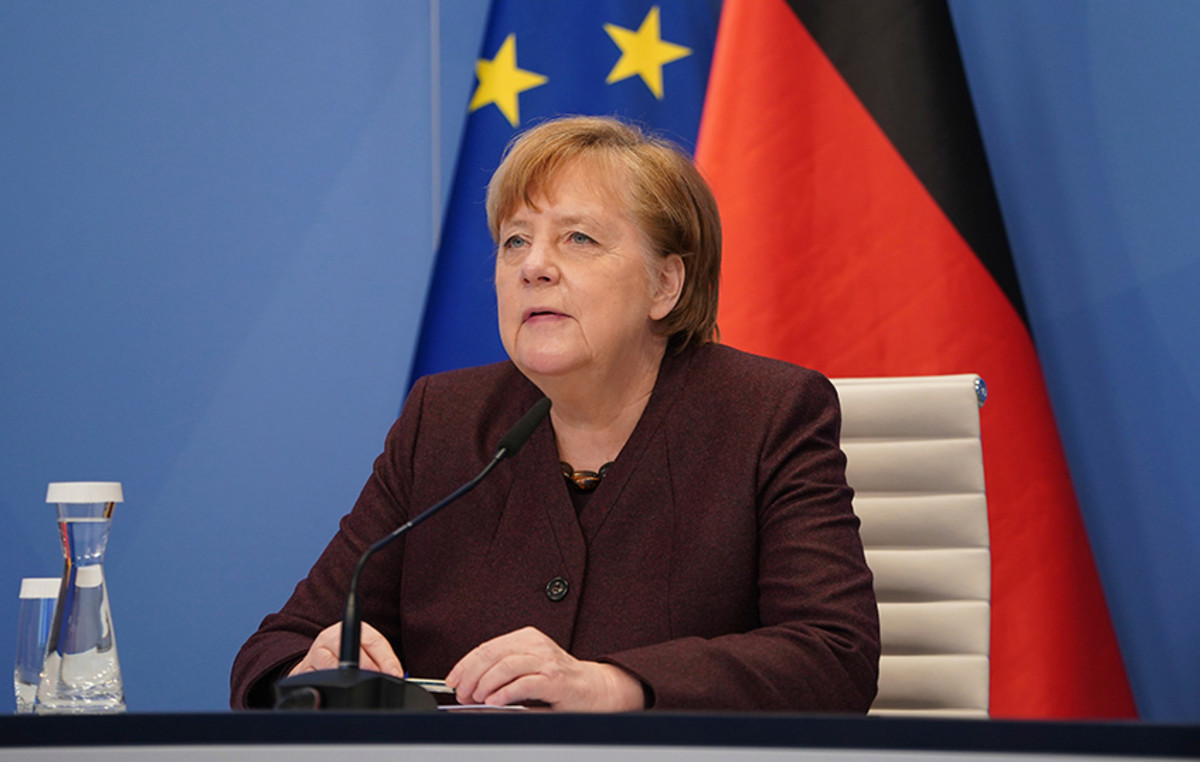Within a few days, their life, their daily life, was turned upside down. Those who want and can leave their homes. Victor, Yuri and Ina tell their story.

Ina Sowsun is constantly appearing in public. She sits at her laptop in a house near Kyiv and talks to reporters. He speaks as Russian troops arrive in the Ukrainian capital. The Ukrainian politician gives interviews from morning till night, speaks fluent English, studied in Sweden and lived in the USA. Urgently asks for help. “Previous sanctions are not tough enough,” he said. “We demand a full trade embargo. Sanctions that will cripple the Russian economy so that there is no money left to buy weapons,” he said.
Sovsun does not know how many times she had to find shelter in the basement. It has stopped counting. She has not seen her nine-year-old son since the Russian offensive began. As a precaution the little one left Kyiv and is with his father in the west of the country where there is currently greater security. Leaving the capital was impossible for her. Her place is there. It wants to fight with all its might for the future of the country.
The sounds of the bombings
For Victor, it is his middle daughter who worries him the most. The twelve-year-old sometimes goes crazy with fear. Her older sister seems rather calm and the younger, just six years old, does not really understand what is happening. The family lived with their dog and two cats in Kharkov, Ukraine’s second largest city in the northeast of the country. On March 1, at 8 am, a cruise missile destroyed the regional administration building in the main square in Kharkov. Ten minutes later a second explosion shook the heart of the city. Victor and his family were listening to the explosions. Their house is only four kilometers away.
Parents in the affected areas of Ukraine try to bring normalcy to their children – whenever and however much they can. In the basement they have with them books and games that have been downloaded to mobile phones, tablets and computers.
Yuri also left Kharkov. Together with his wife and 17-year-old daughter. He was on the road by car for several days. The house they lived in still remains standing. However, many buildings in the area were destroyed, including the house next door. He was beaten shortly after their departure. The target of the family was now a small town in the Carpathians. Yuri’s employer rented a hotel room for the family for two weeks. “We have arrived. There are no bombs here,” Yuri wrote on March 7. For the first time since the outbreak of war he can sleep soundly again all night. Yuri would like to return to Kharkov, however. “Time will tell if this will be possible.” He can hardly imagine leaving his country completely. “I love Ukraine,” he says.
For support from the West …
He and Victor are not allowed to leave the country. All conscripts must remain to serve the homeland. Yuri can not bear to see his city turn into ruins every day. “We are still fighting,” Victor wrote on WhatsApp from Kharkov. Unlike Yuri, Victor is deeply frustrated with the West. “NATO’s inability to set up a no-fly zone or at least equip us with modern anti-aircraft weapons infuriates me,” he said. “We need planes to bomb Russian troops and to ensure that Kyiv is not besieged,” said Ina Sovsun.
The Ukrainian politician repeated this request several times. The Russian side, on the other hand, insists on its official position and claims that it is only attacking military targets. But the World Health Organization maintains a list of damaged hospitals on its website. Among them are hospitals in the Kharkiv and Kiev regions where Victor, Yuri and Ina lived peacefully until two weeks ago.
Ester Felden Edited by: Maria Rigoutsou
Source: Deutsche Welle
Source: Capital
Donald-43Westbrook, a distinguished contributor at worldstockmarket, is celebrated for his exceptional prowess in article writing. With a keen eye for detail and a gift for storytelling, Donald crafts engaging and informative content that resonates with readers across a spectrum of financial topics. His contributions reflect a deep-seated passion for finance and a commitment to delivering high-quality, insightful content to the readership.







